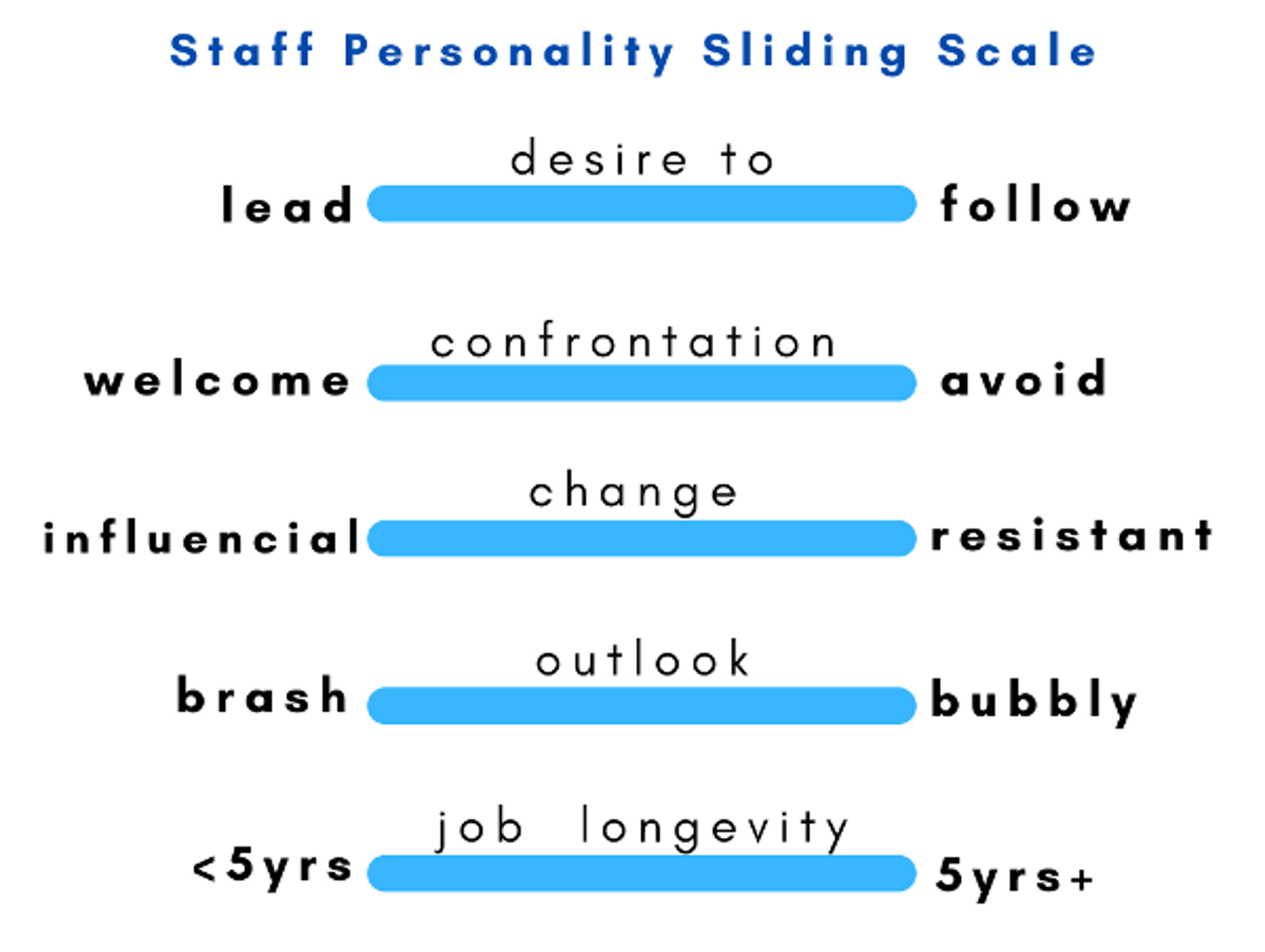What to look for while conducting a pharmacy job interview
What are the odds of being hit by lightning? How about the odds of winning millions in the lottery? Or getting two flat tires on the same trip?
Answer: probably better than predicting the lifespan of a pharmacy interview candidate during their first interview.
With a very sparse number of pharmacy staff in the neighbourhood to choose from, we now often select workers without actual pharmacy experience. This means that leaders need to have an even keener eye for detecting the cross-over skills hidden in the stories of those we are interviewing. I have written more deeply on this using the pharmacy staff personality trifecta in a previous article, Hiring Pharmacy Staff without Actual Experience.
Over countless interviews, I now look at personality instead of skill since skill can be taught and learned. Among the profile of characters of a team, I try to find a complement of qualities that mix well together and provide the overall team balance. For example, if all five staff members possess a natural instinct to lead and invent, then we will clash. The team needs some who will take control and others who will desire guidance.
Through years of experience, I now think about a prospect’s personality in a few other spectrums, described in the figure below.
Will they shy away or run toward confrontation?
Since the pharmacy world often makes us out to be the gatekeeping bad guy, there will be times that bring some abrasion. If all staff fear that turmoil, we will never get ahead. On the other hand, if we all aggressively jump on conversations that do not require a strong presence, then we will create turmoil when we should be letting it pass.
Do they resist change or influence others to change?
In our profession, adaptation is a daily grind. We expand new ideas to find better solutions and exercise our habits instead of keep them stagnant over years. If all staff have trouble with basic change, we will not keep up. At the same time, if all staff cannot maintain a status quo or are unable to execute mundane tasks, we will forever be looking for answers we do not need.
Hard or soft edges?
The natural outlook on life of the team is typically an average of those conversing in it. The brash ones quietly get things done while the bubbly ones generate some energy. Too much of either and the culture risks becoming something customers do not want.
Short or long-lived?
Finally, in the observations of these four scales, we consider longevity, or how long someone might be part of the team. If too many people will only be on staff for a few years, we will need to succession plan more urgently. If the majority of the team will last more than five years, we will comfortably make the seamless personnel adjustments with proper planning.
The personality scale gives us a picture of whom we have and thus a glimpse of the kind of product we will present. Once we understand it, we can isolate our identity and find what we are looking for in our next hire, whether they have actual pharmacy experience or not.
What does your sliding scale look like?
To help guide pharmacy interviews, I have put together an interview kit with a pre-screening questionnaire to save the leader time and cold calls, a list of my favourite interview questions and a pharmacy assistant quiz to assess readiness.





